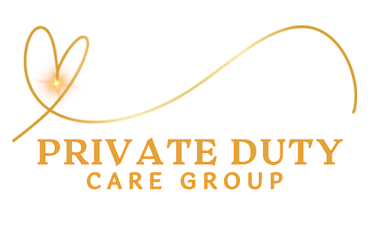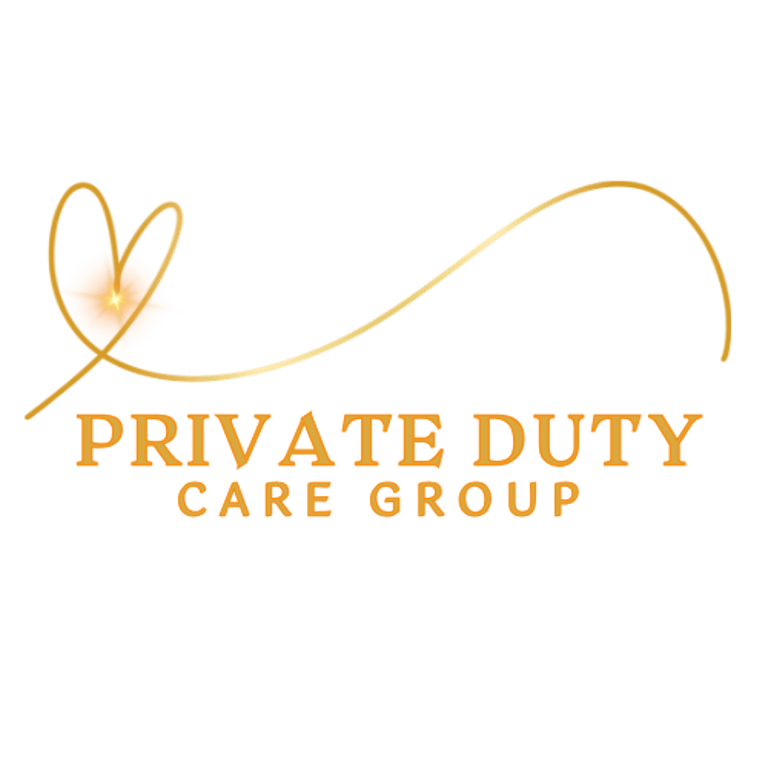What are the qualifications of a professional caregiver?
Choosing a professional caregiver for yourself or a loved one is a significant decision that requires trust and confidence. Caregivers are pivotal in supporting individuals with daily needs, medical tasks, and emotional well-being.
Joel Inocencio
2/15/20252 min read


Caregiving is a specialized task not suited for anyone.
Many are asking: What are the good qualifications of a Professional caregiver?
While there are many, this blog article will elaborate on some of what we believe to be the essential qualifications of a good professional caregiver.
Providing Compassionate and Competent Care to You or Your Loved Ones.
Choosing a professional caregiver for yourself or a loved one is a significant decision that requires trust and confidence. Caregivers are pivotal in supporting individuals with daily needs, medical tasks, and emotional well-being. To ensure the highest quality of care, it’s critical to understand the qualifications that define a skilled and reliable caregiver. Below, we outline the key qualifications for selecting a professional caregiver.
Key Qualifications of a Professional Caregiver
Formal Education & Certifications
High School Diploma or Equivalent: The foundational requirement for most caregiving roles.
Specialized Certifications: Credentials such as Certified Nursing Assistant (CNA), Home Health Aide (HHA), or CPR/First Aid certifications demonstrate formal training.
Healthcare-Related Degrees: While not mandatory, degrees in nursing, gerontology, or social work enhance expertise.
Core Skills & Competencies
Empathy & Compassion: Ability to connect emotionally and provide dignified care.
Communication Skills: Clear articulation of medical information and active listening to client/family needs.
Patience & Resilience: Managing stressful situations calmly and supporting clients through slow progress.
Technical Proficiency: Assisting with daily living activities (bathing, dressing, meal preparation), medication management, and essential medical monitoring.
Relevant Experience
Hands-On Care Experience: Prior work in settings like home care, hospitals, or assisted living facilities.
Specialized Knowledge: Experience with dementia, Alzheimer's, or post-surgical recovery.
Background Checks & References
Clean Criminal Record: Ensures trustworthiness and safety for vulnerable clients.
Professional References: Validated testimonials from past employers or clients highlighting reliability and skill.
Continuous Education
Ongoing Training: Participation in workshops or courses on emerging care techniques, dementia care, or palliative support.
Awareness of Medical Advances: Staying updated on healthcare innovations and best practices.
Legal & Ethical Understanding
HIPAA Compliance: Knowledge of patient privacy laws and confidentiality.
Ethical Standards: Commitment to respecting client autonomy and making morally sound decisions.
Physical & Emotional Stamina
Physical Fitness: Ability to perform tasks like lifting clients or standing for extended periods.
Emotional Resilience: Managing the emotional toll of caregiving while maintaining a positive demeanor.
Adaptability & Problem-Solving
Customized Care Approaches: Tailoring methods to meet individual client needs.
Flexibility: Adjusting to varying schedules or unexpected challenges.
Professionalism
Punctuality & Reliability: Consistent adherence to schedules.
Boundary Management: Maintaining appropriate client-caregiver relationships.
Cultural Competency
Respect for Diversity: Understanding and honoring cultural, religious, and personal preferences.
Why These Qualifications Matter
Professional caregivers bridge the gap between medical support and compassionate companionship. Their qualifications ensure they can handle complex tasks while fostering a safe, respectful environment. Whether managing medications, providing emotional support, or adapting to unique needs, a well-qualified caregiver enhances families' quality of life and peace of mind.
When evaluating caregivers, prioritize those who combine certifications with genuine empathy and a commitment to lifelong learning. Doing so empowers your loved ones to receive skilled and heartfelt care.
Choosing the right caregiver is an investment in health, dignity, and happiness. By understanding these qualifications, you can make an informed decision prioritizing excellence in care.
Concise Legal Disclosure
The content on this blog, including articles about natural supplements, holistic healthcare, disease prevention, and alternative treatments, is provided for informational purposes only and should not be considered professional medical advice. Always consult a qualified healthcare professional before making health-related decisions. The writer, publisher, and affiliates are not liable for any damages arising from the use of this content.
For full details, including indemnification and terms for third-party content, please see our Full Legal Disclosure.
Share Responsibly: Inspire others with holistic health insights, but always encourage professional guidance!
Independence in Practice
"Connect with High-Net-Worth Clients By Joining Our Elite Registry "
Leave A Text Message
Private Duty Nurse, Adult/Senior Caregiver, Nanny
admin@privatedutycaregroup.com
+1-914-207-5324
© 2024. Private Duty Care Group.
All rights reserved.


